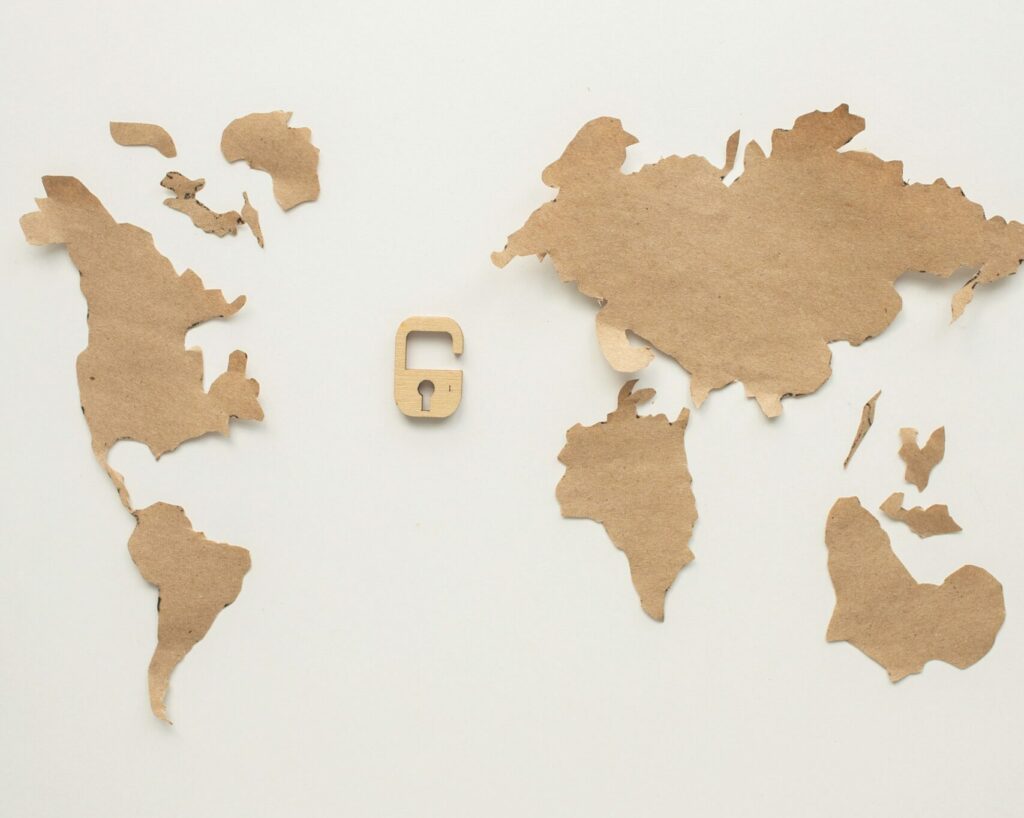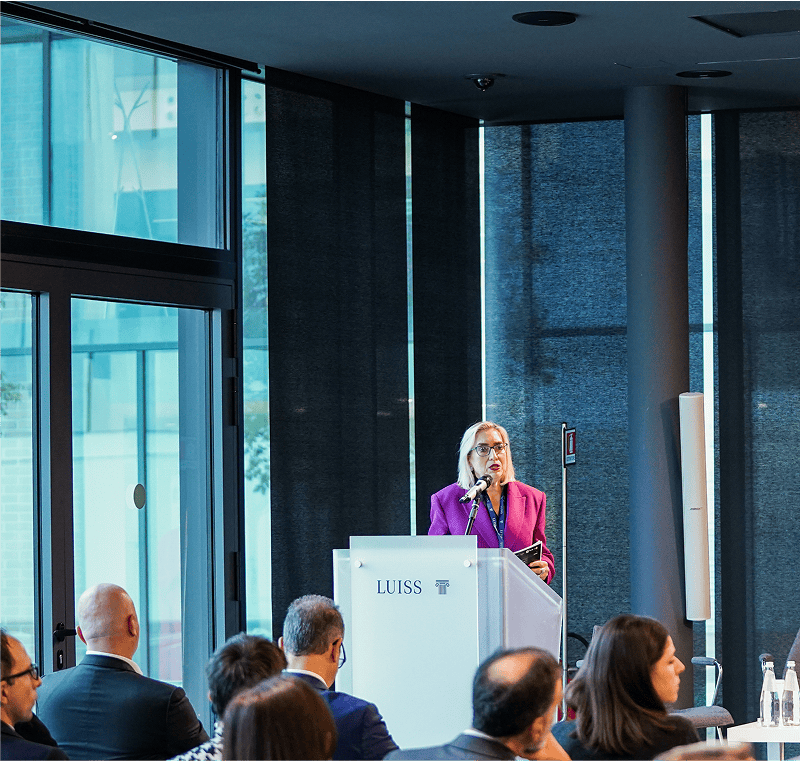From Belarus to Azerbaijan through Libya, Putin and Erdogan dominate the international scene without Europe being able to make its voice heard adequately.
Following the UN resolution issued in mid-October after two weeks of extremely harsh armed conflict, the City of Milan also recognises the Independent Republic of Nagorno Karabakh (Artsakh), which has long been calling for its annexation to Armenia, while the support given to Azerbaijan by Orban’s Hungary is not surprising for the European Community palaces and attempts are being made to define a coordinated response beyond the rhetoric of religious conflict between Islam and Christianity.
A year ago, the US House of Representatives also recognised the Armenian genocide of 1915 perpetrated by the Turks of the Ottoman Empire and on that occasion also voted for sanctions against Turkey for its armed intervention in north-east Syria, to the detriment of the Kurdish population. Meanwhile, the Italian television news devotes little space to these events at the gates of Europe.
From Belarus to Azerbaijan through Libya: Putin and Erdogan are the major players
Erdogan’s recent moves, with the contested establishment of the Exclusive Economic Zone in the Mediterranean Sea in front of Greece, are conditioning any development of new gas pipelines that could reach southern Europe. The Libyan scenario underwent a turning point in mid-September with the operational deployment of Russian fighter jets that since May had been moved to the area controlled by Khalifa Haftar, who has the support of the Arab Emirates, Saudi Arabia, Egypt, Jordan, France and Russia.
While Turkey, together with Qatar, is supporting Fayez al-Sarraj’s GNA, the UN-recognised Government of National Accord based in Tripoli, it is obtaining the port of Misurata and the possibility of installing a military base and training exchanges financed directly by Qatar. Next February it will be ten years since the start of the civil war in Libya (FIRSTonline article on Erdogan’s aims). In the agreement between the parties signed in August, Italy stood aside and joined the European protests over Turkish interference in the Mediterranean. UN negotiations are underway in Tunisia and will last until November.
Putin is active on several fronts, going so far as to supply India with military hardware to support the conflict on the Himalayan border with China. It was enough for him to declare his support for the newly elected President of Belarus Lukashenko, to dash any hope of the Belarusian people, who had taken to the streets to protest against electoral fraud and for a coordinated European intervention of sanctions and measures aimed at curbing the repressive action against demonstrators and ensuring a full guarantee of the rights of citizens who were arrested en masse, from journalists to university students, in a “film” already seen in the aftermath of the Gezi Park protests in Istanbul (see the article on Belarus).
Although the reaction at the EU meetings in mid-August was immediate in terms of condemnation of the clashes and non-recognition of the election result, it was only with the Extraordinary European Council of 1-2 October that measures such as bans on mobility within the EU and freezing the assets of 40 people accused of intimidation and repression of the opposition and unarmed citizens were made official. Sanctions and recognition of the right to new democratic elections have also been made official. The European Commission will also provide economic support to Belarus for a democratic electoral process monitored by international observers. In contrast, Russia is not considering an intervention as in Crimea, but has already allocated 1.5 billion US dollars to strengthen the country’s economy and security, beating the Europeans to the punch.
On the Belarus issue, the commercial interests of France, Germany and Italy are clear, as well as the attempt to maintain an open diplomatic channel with Lukashenko. In the case of the clash between Azeris and Armenians in Nagorno Karabakh, commercial interests are more focused on Azerbaijan. The issue is complicated, however, by Turkish interference, which has gone so far as to transport Syrian mercenaries into the area. The Turkish expansionist strategy, which seems to have encouraged Azerbaijan to attack the disputed region, guaranteeing the support of Syrian jihadist militiants, has given an unexpected escalation to the ongoing clash.
The Turks are also defending Azerbaijani oil supplies that pass through the Georgian area to Turkey through the BTC Baku-Tblisi-Ceyhan pipeline. Putin has “taken a pause for thought” because managing the Turkish assault in Syria was one thing, while justifying the Turkish surprise move has very different diplomatic contours with the EU, regardless of the energy agreements in force on both sides.
A humanitarian truce is now in place. A truce that it is hoped will hold after the failure of the one signed on 10 October between the governments of the two bordering states, which despite the efforts of Russian Foreign Minister Lavrov, was immediately violated by the launching of missiles and drones. The EU position and a possible decision by the European Council in this case is complicated by recent bipartisan agreements that guarantee both Azerbaijan and Armenia’s local autonomous demands, but without any fixed point.
Conclusions towards US elections
The weak point of the more popular of the two contenders in the US elections is foreign policy, also with reference to the intrinsic weaknesses of the legacy left by the Obama Administration. It is undeniable that Trump, taking refuge in open protectionism, politically justified by the worsening of the American economic situation, has nevertheless signed important diplomatic agreements in the Middle East, such as the recent Abraham Accords Peace Treaty.
On the other hand, if Biden wins, he will have to deal with the burning Iranian dossier, at a time when Russia and Turkey are attacking from the Mediterranean to Central Asia. Convincing Putin to disengage from North Africa in order to stem the missile threats to NATO’s southern command will be a difficult task.
Biden’s statements against Trump’s support for Saudi Arabia in the war in Yemen expose him to rebalance relations at least with his traditional partners, such as Japan and the European Union, and thus to give priority to an aspect on which he seems little inclined.
With the United States in standby for the presidential elections, the European Union is doing what it can to consistently face the new geopolitical threats that are distracting it from the Green New Deal. China has increased its R&D spending tenfold in just a few years, consolidating its position both on the African continent and with its Asian partners in the AIIB, the Asian Infrastructure Investment Bank. The world has definitively changed its geopolitical structures because of COVID-19 and the pandemic emergency.











